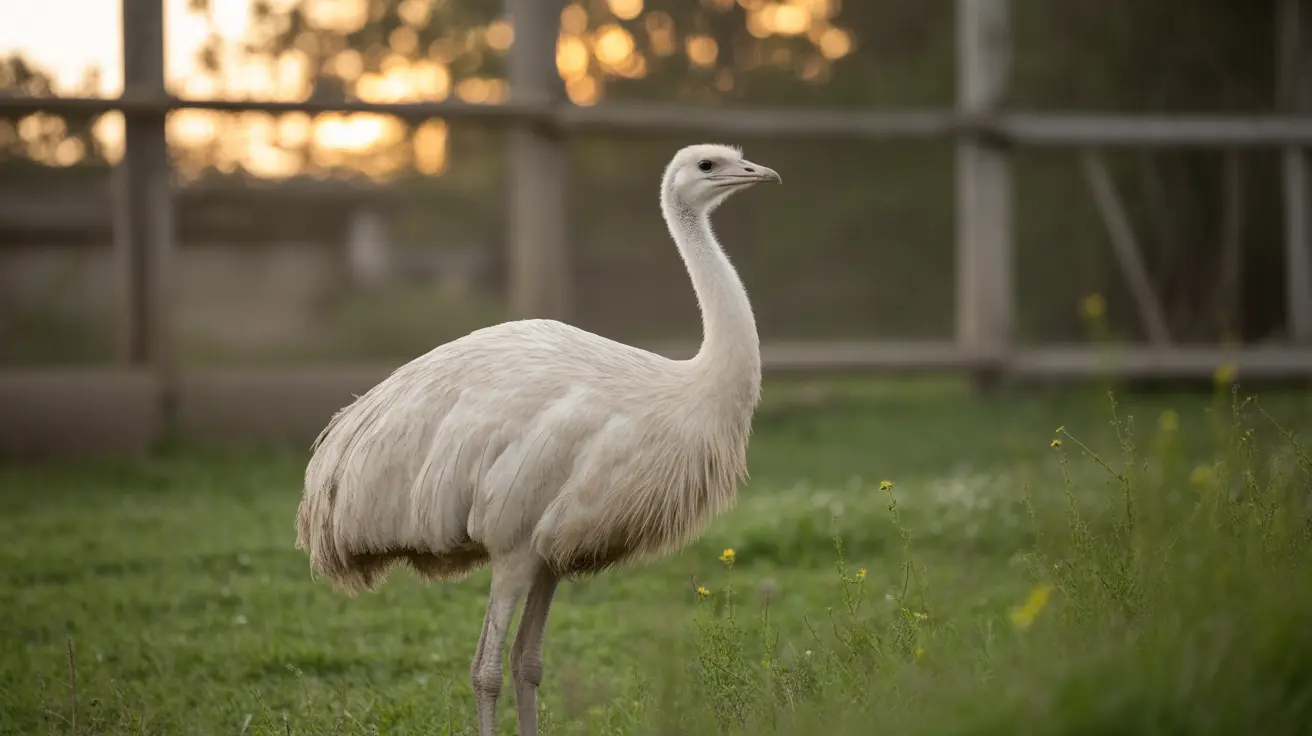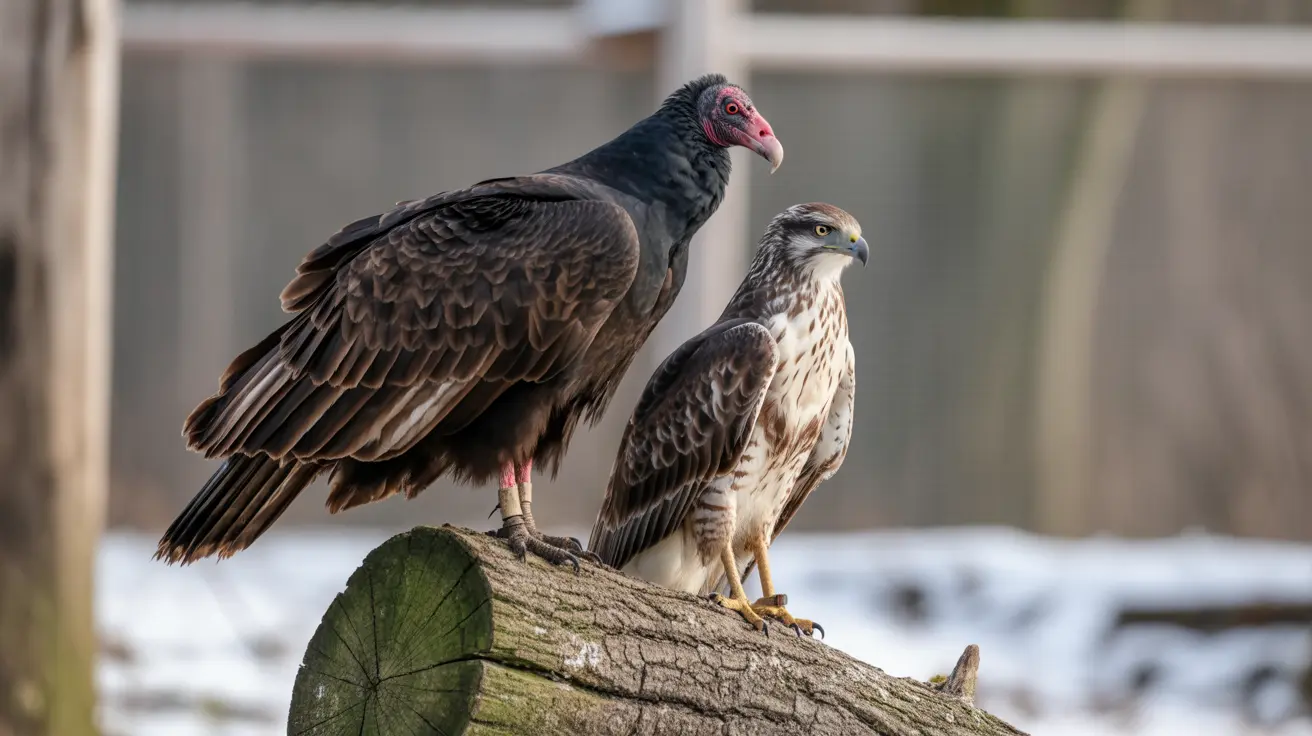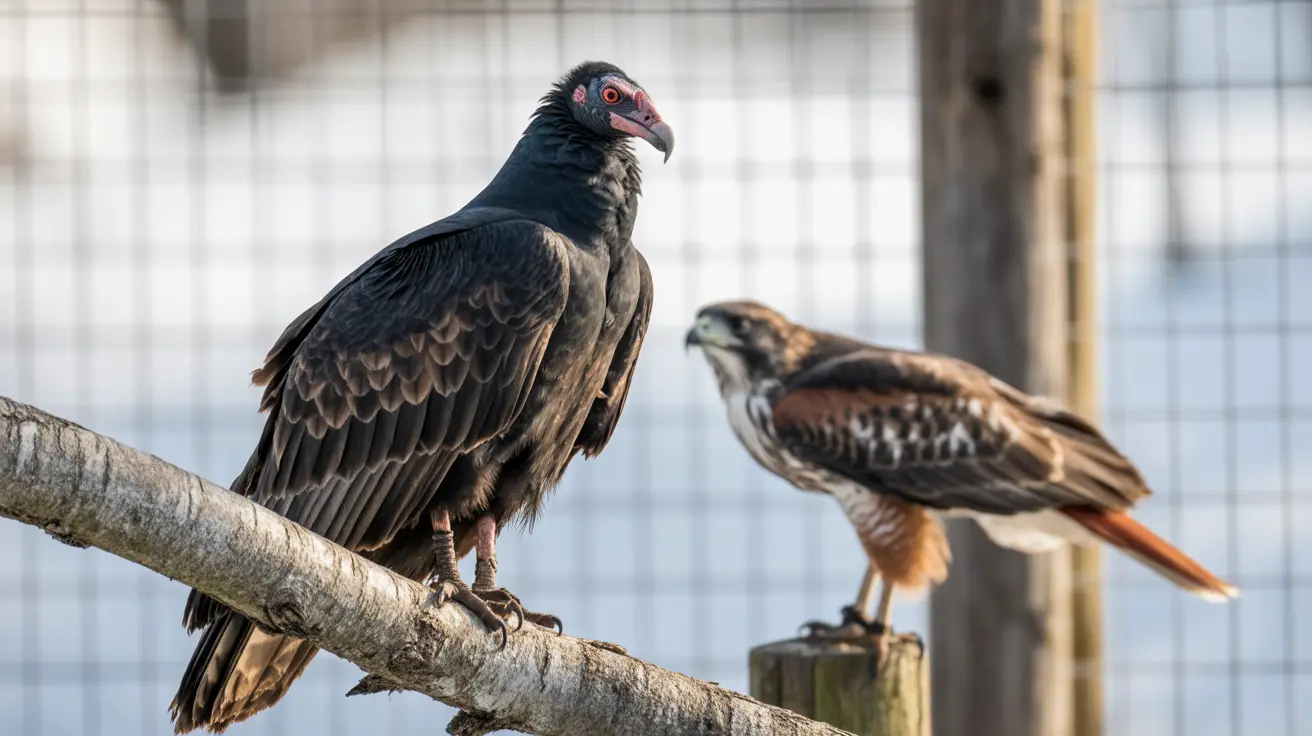Is Cooked Pasta Safe for Dogs? A Comprehensive Guide for Pet Owners
As dog owners, it's natural to want to share your favorite meals with your furry companions. One common question among pet parents is whether dogs can eat cooked pasta. While cooked pasta isn't toxic to dogs, there are important considerations and potential health implications to keep in mind. This article provides a detailed look into whether cooked pasta is safe for dogs, its nutritional value, potential risks, and tips on feeding it responsibly.
Nutritional Value of Cooked Pasta for Dogs
Cooked pasta primarily consists of carbohydrates, which provide energy. However, dogs thrive on diets that are rich in protein and healthy fats, not excessive carbs. While carbs are not inherently harmful, they offer little nutritional benefit for canines in large quantities.
- Macronutrient Composition: Pasta contains mostly carbohydrates, with minimal protein and fat.
- Calories: Pasta is calorie-dense and can contribute to excess weight gain if fed frequently.
- Nutrient Void: Pasta lacks essential vitamins and minerals compared to high-quality dog food.
When Can Cooked Pasta Be Safe for Dogs?
Plain, fully cooked pasta in small portions can be safe for most dogs as an occasional treat. The key is to ensure the pasta is free of sauces, seasoning, and additives.
- Use only plain pasta (boiled with no salt or oil).
- No sauces: Most sauces contain onions, garlic, salt, or sugar – ingredients that are toxic to dogs.
- Skip the cheese if your dog is lactose intolerant.
Potential Hazards of Feeding Pasta to Dogs
While small amounts of plain cooked pasta may not harm your dog, there are several risks worth considering:
- Weight Gain: High carb content can lead to obesity when consumed regularly.
- Digestive Upset: Too much pasta may result in bloating, constipation, or diarrhea.
- Food Sensitivities: Some dogs are allergic to wheat or gluten, common ingredients in pasta.
Uncooked Pasta: A Choking and Digestive Hazard
Feeding raw pasta to dogs is not recommended. Uncooked pasta is hard and can lead to choking or digestive complications.
- Can cause vomiting, constipation, or blockage.
- May result in gastrointestinal distress or lethargy.
- If large amounts are eaten, consult a vet immediately.
Special Considerations for Dogs with Health Conditions
Consult your veterinarian before offering pasta to dogs with the following conditions:
- Obesity: Extra carbs can worsen the condition.
- Diabetes: Pasta can spike blood sugar levels.
- Grain Sensitivities or Allergies: Watch for signs like itchiness, ear infections, or gastrointestinal upset.
Whole Grain vs. White Pasta
Whole grain pasta contains more fiber and nutrients compared to white pasta. However, the benefits are marginal and should not weigh heavily in decision-making regarding feeding pasta.
- More B-vitamins and fiber in whole wheat pasta.
- Still carries the same carb-heavy risks.
Pasta as a Treat – Not a Staple
Remember, cooked pasta should never replace a complete and balanced dog diet. Use it for occasional rewards, not daily meals.
- Offer small, infrequent portions.
- Supplement with healthy treat alternatives like cooked chicken, carrots, or apple slices.
- Avoid processed meats, butter, or cheese in pasta servings.
Benefits of Resistant Starches in Cooled Pasta
Cooled, cooked pasta may form resistant starches, which can have limited digestive benefits for dogs:
- Acts as dietary fiber.
- Supports gut flora and produces beneficial fatty acids like butyrate.
- May aid overweight or diabetic dogs with vet guidance.
What to Do if Your Dog Ate Seasoned or Raw Pasta?
- Watch for vomiting, diarrhea, lethargy, or bloating.
- Withhold food for 12–24 hours if a large amount of raw pasta was consumed.
- Ensure access to clean water at all times.
- Contact your vet if symptoms persist or if toxic ingredients were ingested.
Final Thoughts on Dogs and Cooked Pasta
While cooked, plain pasta isn't toxic to dogs, it should be used sparingly and mindfully. Avoid sauces, opt for whole grain if possible, and be vigilant about allergies and health sensitivities. For optimal health, dogs do best with diets tailored to their nutritional needs, centered around proteins and healthy fats. Always consult your vet before introducing new foods.





